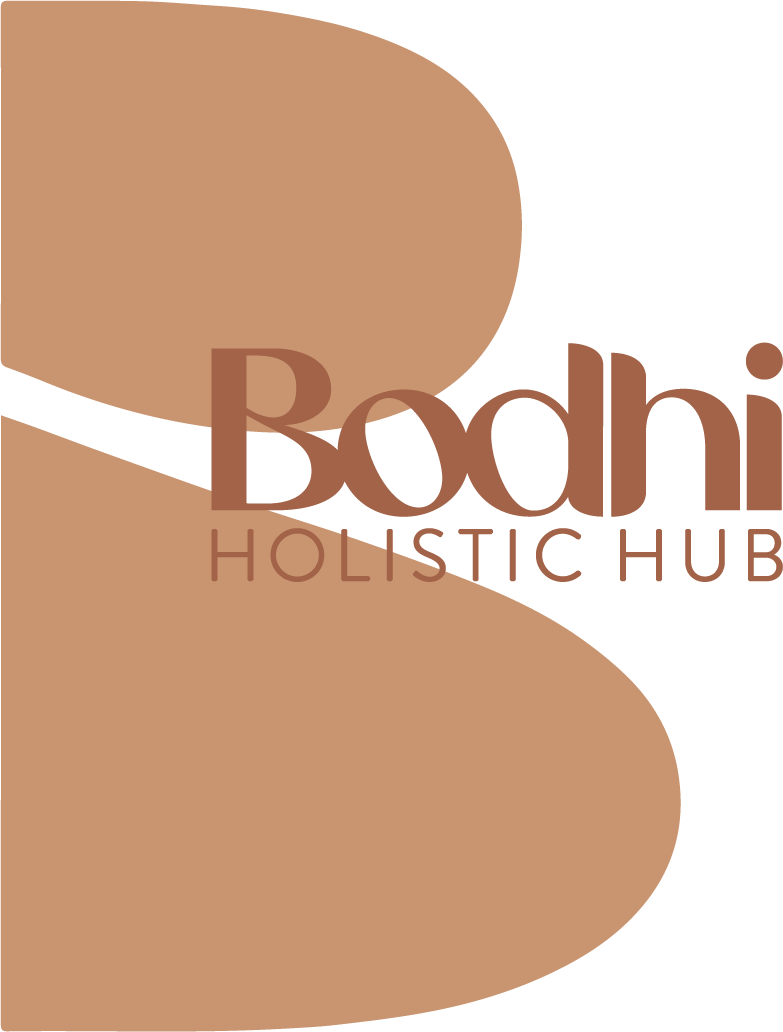
Written by Ahil Ganesan
Ahil Naturopath
How does Acupuncture help with fertility?
Acupuncture is one of branches of Traditional Chinese Medicine (TCM)- a 4000 year old medicine involving the insertion of small, single-use needles to regulate the functioning of the body. In the past 20 years there has been extensive research into the use of Acupuncture in the management of fertility alongside western medical interventions (IVF, IUI, ET, pharmacotherapy), herbal therapy as well as in isolation. About 8-12% of the couples in the world are facing problems with infertility, and in this modern time the per cent is getting larger. It’s estimated that 20% of the cases are due to both a male and female factor. Before we get into how Acupuncture can help with fertility- it is important to define what is fertility and what is infertility and unexplained infertility.
Infertility: is defined as being unable to achieve pregnancy after 12 months or more of regular intercourse whereas,
Unexplained infertility: is failure to achieve pregnancy after 12 months or more of regular intercourse without any defined reason such as an underlying condition (polycystic ovarian syndrome, endometriosis, fibroids) or structural issue.
Unexplained infertility is becoming increasingly common as people are having children later in life in tandem with other major factors including chronic stress, overworking and poor dietary and lifestyle practices. This is a male and female pathology- which is important to acknowledge. Though the responsibility is often placed on females for conceiving a baby- the male component (namely sperm quality) is equally important. The research on Acupuncture and fertility has shown positive affects in balancing hormones via improving sperm quality and ovarian function and balancing the endocrine system- responsible for hormonal production and regulation. At the same time acupuncture helps to calm and regulate the nervous system-reducing cortisol levels, increasing serotonin stimulating the release of endogenous opioids. This combination makes acupuncture and effective adjunct practice for promoting fertility and maintaining pregnancy.
What are the best acupoints for improving fertility?
Acupuncture should always be tailored to each individual as the causes for infertility from a TCM point of view can differ person to person. However, there are certain points that have been shown in the scientific research to have beneficial effects for balancing hormones and endocrine function. There are some clinics which use these points in a ‘cut and paste’ way based on the current scientific literature. I personally prefer to tailor each prescription according to the individual.
The most commonly used acupoints for improving fertility are Spleen 6 (San Yin Jiao), Liver 3 (Tai Chong) and Kidney 3 (Tai Xi). These points nourish the tissues of the ovaries and regulate the adrenal glands and HPO (Hypothalamic Pituitary Ovarian) axis responsible for hormonal production and regulation. It is also important to know there are several acupuncture points which MUST NOT BE USED when someone is pregnant as they can stimulate the release of oxytocin- responsible for delivery namely Large Intestine 4 (HeGu), Spleen 6 (San Yin Jiao), Liver 3 (Tai Chong) and Gallbladder 21 (Jian Jing) as well as any points on the lower back or abdomen. These are safe to promote fertility but once a woman falls pregnant, they are contraindicated.

Can acupuncture increase the chances of getting pregnant?
How many acupuncture sessions are needed for fertility?
Is acupuncture more effective than other fertility treatments?
What does research say about the effectiveness of acupuncture for fertility?
Are there any precautions or contraindications for using acupuncture for fertility?
What are some other traditional Chinese medicine approaches to treating fertility issues?

Can acupuncture be used in conjunction with other fertility treatments, such as IVF or IUI?
Can acupuncture help with male infertility as well?
What are the potential side effects of acupuncture for fertility, and are they harmful to a pregnancy?

About the Author
Ahil Ganesan
Dr. Ahil Ganesan is a Naturopath, Acupuncturist and Chinese Medicine Practitioner who works with a variety of conditions, including hormonal imbalances (endometriosis, PCOS, fibroids) fertility, skin conditions (eczema, psoriasis, acne) and many others such as musculoskeletal issues (lower back pain, arthritis, frozen shoulder), digestive conditions (Irritable bowel syndrome, bloating and Crohn's disease). Ahil believes everyone has the right to feel good, and he is here to help his clients take action and be their best on a physical and emotional level.
See Profile



